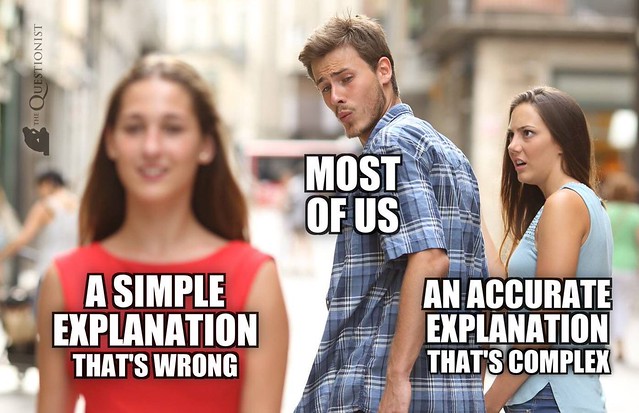nate99
Member
Hello all,
I'm trying to be more proactive in understanding everything. To be upfront, OHS sounds intimidating to me, so i've been researching trying to find anyway that TAVR will somewhere down the line be a better option than OHS. In researching, I just don't see the possibility there, at least not in the current landscape. As intimidating as OHS sounds, I should probably try to get used to the idea that it will happen one day. Reasons:
First, for younger age Bicuspids like myself, it seems like there are just too many other issues (aortopathy, shape, etc.) that keep it from even being in trials to collect data.
Second, even if TAVR did work out for BAV, the biological valves will wear out and it is too early to tell if the TAVR valves will last even as long as the SAVR bio valves. Is there any possible way of doing TAVR with a mechanical valve? Doesn't sound like anyone is trying to do that. So given the limits of valve in valve procedures with diminishing returns, OHS and a mechanical valve seems to be an inevitability if you are having this done between 40 and 50.
There are a few stories that give me hope lately. There was a UW Medicine story recently (called "Saved by a fall - and a first anywhere procedure") in which Danny Dvir used a catheter to surgically cut a bicuspid valve into a tricuspid and then used TAVR to put in a biological valve. Sounds awesome, but again, after a certain amount of time that valve will need to be replaced. The ImaValve Project sounds cool, a bio valve that can repair itself, but again no mention of how long it would last. I read that in November, China did a retrievable TAVR.
All of these innovations sound awesome and I hope that somewhere down the line, more minimally invasive stuff that is safe and effective is available, but it doesn't seem like right now is that time.
I was encouraged by the quote by Dr. Deeb at Michigan Medicine: In 10 years, "We'll have a TAVR valve for patients with aortic insufficiency as well as those with a bicuspid valve. For patients with an aneurysm in the aorta, we might have TAVR endovascular stenting." In 20 years, he predicts the majority of aortic disease will be treated with TAVR.
Well, checking to see if what I have learned is correct and if anyone has anything else to add.
Thanks
Nate
I'm trying to be more proactive in understanding everything. To be upfront, OHS sounds intimidating to me, so i've been researching trying to find anyway that TAVR will somewhere down the line be a better option than OHS. In researching, I just don't see the possibility there, at least not in the current landscape. As intimidating as OHS sounds, I should probably try to get used to the idea that it will happen one day. Reasons:
First, for younger age Bicuspids like myself, it seems like there are just too many other issues (aortopathy, shape, etc.) that keep it from even being in trials to collect data.
Second, even if TAVR did work out for BAV, the biological valves will wear out and it is too early to tell if the TAVR valves will last even as long as the SAVR bio valves. Is there any possible way of doing TAVR with a mechanical valve? Doesn't sound like anyone is trying to do that. So given the limits of valve in valve procedures with diminishing returns, OHS and a mechanical valve seems to be an inevitability if you are having this done between 40 and 50.
There are a few stories that give me hope lately. There was a UW Medicine story recently (called "Saved by a fall - and a first anywhere procedure") in which Danny Dvir used a catheter to surgically cut a bicuspid valve into a tricuspid and then used TAVR to put in a biological valve. Sounds awesome, but again, after a certain amount of time that valve will need to be replaced. The ImaValve Project sounds cool, a bio valve that can repair itself, but again no mention of how long it would last. I read that in November, China did a retrievable TAVR.
All of these innovations sound awesome and I hope that somewhere down the line, more minimally invasive stuff that is safe and effective is available, but it doesn't seem like right now is that time.
I was encouraged by the quote by Dr. Deeb at Michigan Medicine: In 10 years, "We'll have a TAVR valve for patients with aortic insufficiency as well as those with a bicuspid valve. For patients with an aneurysm in the aorta, we might have TAVR endovascular stenting." In 20 years, he predicts the majority of aortic disease will be treated with TAVR.
Well, checking to see if what I have learned is correct and if anyone has anything else to add.
Thanks
Nate





